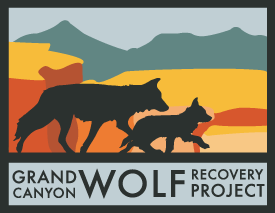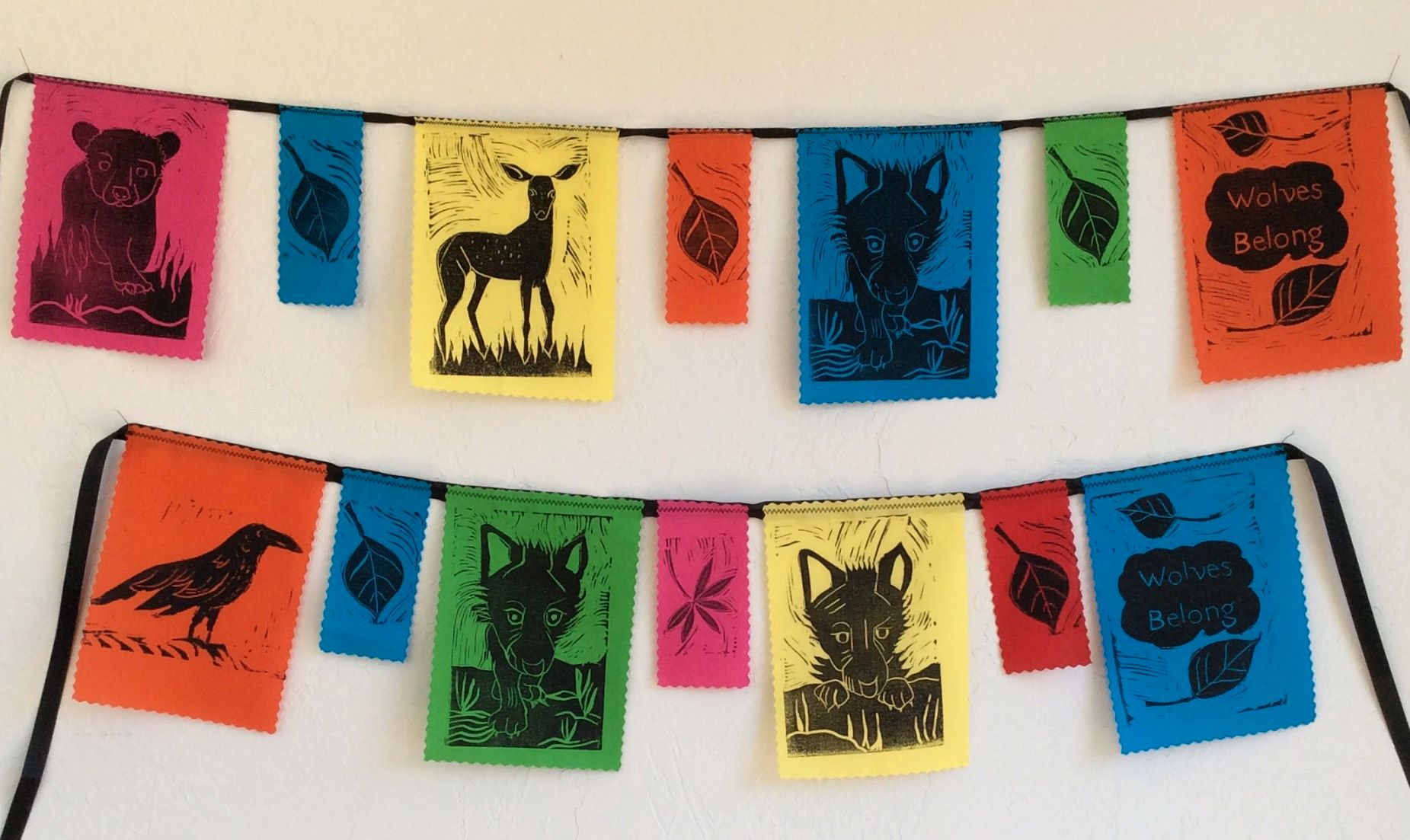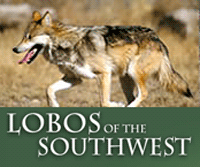PRESS RELEASE - October 7, 2013
Contact: Emily Renn, (928) 202-1325, This email address is being protected from spambots. You need JavaScript enabled to view it.
National Wolf Awareness Week Event to Affect the Future of Wolves in AZ
Flagstaff Group Will Help Residents Write Comments in Lieu of Fish and Wildlife Service Hearing in AZ
Flagstaff, AZ. In spite of their importance to residents of Northern Arizona, no public hearings on controversial changes proposed to the Mexican gray wolf reintroduction program have been scheduled for anywhere in Arizona. To kick off National Wolf Awareness week and help Arizonans understand the proposed changes and submit comments on two Fish and Wildlife Service proposals that will affect the future of wolf recovery in Arizona, the Grand Canyon Wolf Recovery Project and its partner organizations will hold an event on Sunday, October 13, at Flagstaff Federated Community Church. People who care about Mexican wolves and the important role they play in maintaining healthy ecosystems are encouraged to attend and learn more about the Mexican gray wolf proposal and a second proposal to remove all other gray wolves from the endangered species list.
Because the proposals exclude most of the modern science that informs recovery of the Southwest's native wolves, and could push Mexican gray wolves, also known as lobos, closer to extinction, the event's organizers want to help Flagstaff residents submit comments before the October 28 deadline. Due to the government shut down, it is unknown where and when the Fish and Wildlife Service hearings on these proposals will be rescheduled.
According to Grand Canyon Wolf Recovery Project Director Emily Renn, "Every scientific public opinion poll in the last decade on this issue has shown that the majority of residents of Arizona and New Mexico, the two states where Mexican gray wolves have been reintroduced, support wolf recovery. We want to make sure that Northern Arizona residents have the opportunity to understand what these proposals will do to wolf recovery and to be heard on the issue."
According to an August, 2013 poll conducted by Tulchin Research, 72 percent of voters in Arizona and 69 percent in New Mexico say they support restoring these wolves to suitable habitat in northern Arizona and northern New Mexico. Support was even higher when the pollsters specifically identified the Grand Canyon region as a home for wolves, with 81 percent of Arizona voters and 73 percent of New Mexico voters saying they would support restoring wolves to suitable habitat in the Grand Canyon region.
Just 75 Mexican wolves survive in the wild in a small portion of western New Mexico and eastern Arizona. Past rules have been too lenient in allowing federal wolf trapping and shooting primarily to address interactions between wolves and livestock, which graze on public lands. Also, the federal government has been loathe to prosecute Mexican wolf poachers. Progress and planning toward recovering Mexican wolves to viable numbers in the wild has stalled.
"The content of these proposals is critical to the survival and recovery of Mexican wolves, which are still vulnerable to extinction in the wild. This comment period provides a long-awaited, critical opportunity for concerned citizens to express their views about Mexican wolves and gray wolves nationwide to federal officials," said Renn, who is a wildlife biologist in addition to running the Grand Canyon Wolf Recovery Project.
Scientists assigned to the Mexican Wolf Recovery Team maintain that releases from captivity must be resumed and Mexican wolves must be allowed to live in additional areas with good habitat to secure their recovery. The federal proposal would allow release of captive-bred wolves into the Gila National Forest in New Mexico and allow wolves to roam outside of current boundaries. But in a sop to politics, the proposal would stop wolves from reaching important suitable habitats north of Interstate 40 and south of I-10 by ordering their capture and return to the prescribed area. Also harmful, the proposal would limit the wild population to insufficient numbers for survival and open up new loopholes for legal killing of wolves and control of wolves by agency managers.
The Grand Canyon Wolf Recovery Project event will take place Sunday, October 13, from 6:30 to 8:30 p.m. at Flagstaff Federated Community Church, 400 W. Aspen Ave. It will include a presentation detailing the key elements of both proposals, information tables, lobo art activities for children, light refreshments, and assistance to submit written and online comments to the U.S. Fish and Wildlife Service. There is no charge to participate.
For more information, visit www.gcwolfrecovery.org or contact Grand Canyon Wolf Recovery Project at This email address is being protected from spambots. You need JavaScript enabled to view it., or by calling Emily at 928-202-1325.





